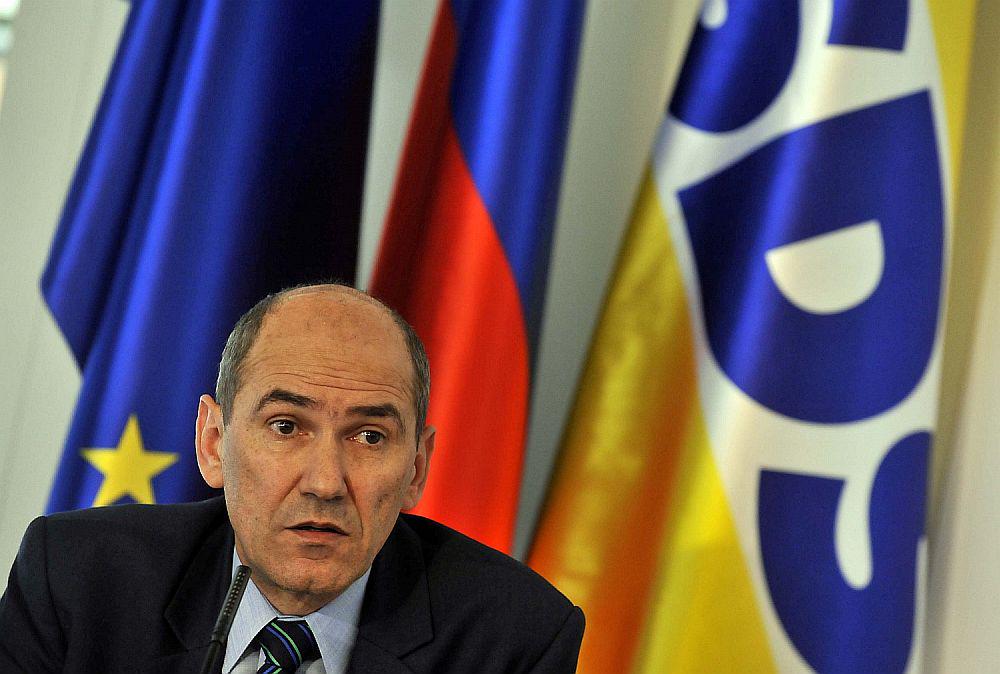
The Supreme Court granted Janez Janša's appeal regarding the report on pecuniary circumstances of presidents of the parties, in which the Commission for the Prevention of Corruption of Slovenia on January 7, 2013 established suspected corruption. Janša filed an appeal, claiming that the anti-corruption commission failed to act in compliance with its competence and powers in that part of the final report which referred to Janez Janša, who also had not been given an opportunity to object. The Administrative Court of Celje at first rejected Janša's request, just as the Supreme Court did, but after the repeated hearing at the Court of Celje, and later at the Supreme Court, the report failed.
The Supreme Court judged that Janez Janša's constitutional rights had been interfered with, as he had not been sent the draft of the report made by the anti-corruption commission, which would have allowed him to give his comment. The right to do so is assured by the 22nd article of the Constitution, and refers to equal protection of rights. Therefore the part of the commission's report referring to Janša must be deleted. The Supreme Court took no position regarding the correctness of identified situation.
Janša: Irrevocable consequences
The president of the SDS party reacted to the judgment of the Supreme Court at the press conference. "The decision made at such time when the consequences can't be rectified is of no help," Janez Janša stressed; being the president of the government at the time the incriminating report was issued. "In spite of absolute priority, it took two years. During that time irrevocable consequences have occurred," claims President of the SDS Party, who is still deciding on his legal actions against the former heads of the Commission for the Prevention of Corruption.
He listed some of the consequences of the report, i.e. the overthrown government, political instability, discontinued reforms, more expensive stabilisation of banks, just as borrowing, buying time for concealing responsibility for hundreds of millions stolen from the Slovenian banks, cessation of privatisation processes, and preservation of monopolies for reign from behind the scenes.
He added that those who keep that report published are publishing a political pamphlet. "Today an apology should be sent by editorships of media houses for what had been written by media," he continued. He also emphasized that this day has given the final explanation of the motive behind the resignation of the former senate of the Commission for the Prevention of Corruption in the end of November 2013. The leadership of the SDS Party also demands immediate resignation of Justice Minister Goran Klemenčič.
A. Č., T. H., B. V.
Translated by G. K.

































































